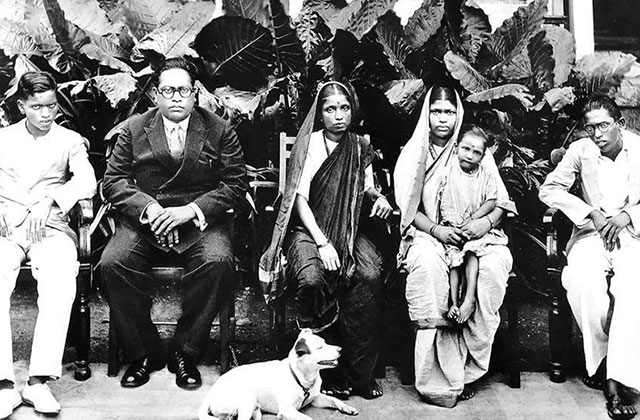India’s beloved civil rights leader Bhimrao Ramji Ambedkar was born on April 14, 1891, and spent his life fighting for the human rights of “untouchables." In celebration of his birthday, Rep. Ro Khanna (D-Calif.) introduced the new resolution “Celebrating the 129th Anniversary of the Birth of Bhimrao Ramji Ambedkar,” on April 14.
Known as the “architect of India’s constitution,” Ambedkar was an unwavering activist for the country’s most marginalized Dalit caste, into which he was born. In 1924, he founded the "Bahishkrit Hitakarini Sabha" (Group for the Wellbeing of the Excluded), with the slogan ‘‘Educate, Agitate, Organize,’’ to fight against discrimination based on caste, religion, class, gender or race, according to the resolution.
“Bhimrao Ramji Ambedkar was a pioneer in the movement to make India a free, fair, and just society for everyone in it,” Khanna said in a statement. “He mobilized a generation to push back against discrimination and to instead celebrate equality, human rights, and universal tolerance.”
Khanna added, “We still face many barriers around race, gender, and class and Ambedkar’s life should challenge us to overcome that. I am hopeful young leaders around the world will read his work and be inspired by his vision of equality,” to India West on April 14.
Cosponsored by Chairman of the House Committee on Foreign Affairs Eliot Engel (D-N.Y.), Reps. Ami Bera (D-Calif.), Pramila Jayapal (D-Wash.) and Raja Krishnamoorthi (D-Ill.), the resolution was also endorsed by Equality Labs and South Asian Americans Leading Together (SAALT).
"This Dalit history month, even in this dark time of COVID, it is inspirational to know that we can find the light of hope in our history,” Equality Labs said in a release. “We hope all Americans will join us in celebrating this towering historical figure who was a fearless feminist and caste abolitionist, and whose contributions to the fields of economics, philosophy, religious, jurisprudence, and democracy remain unparalleled, even today."
